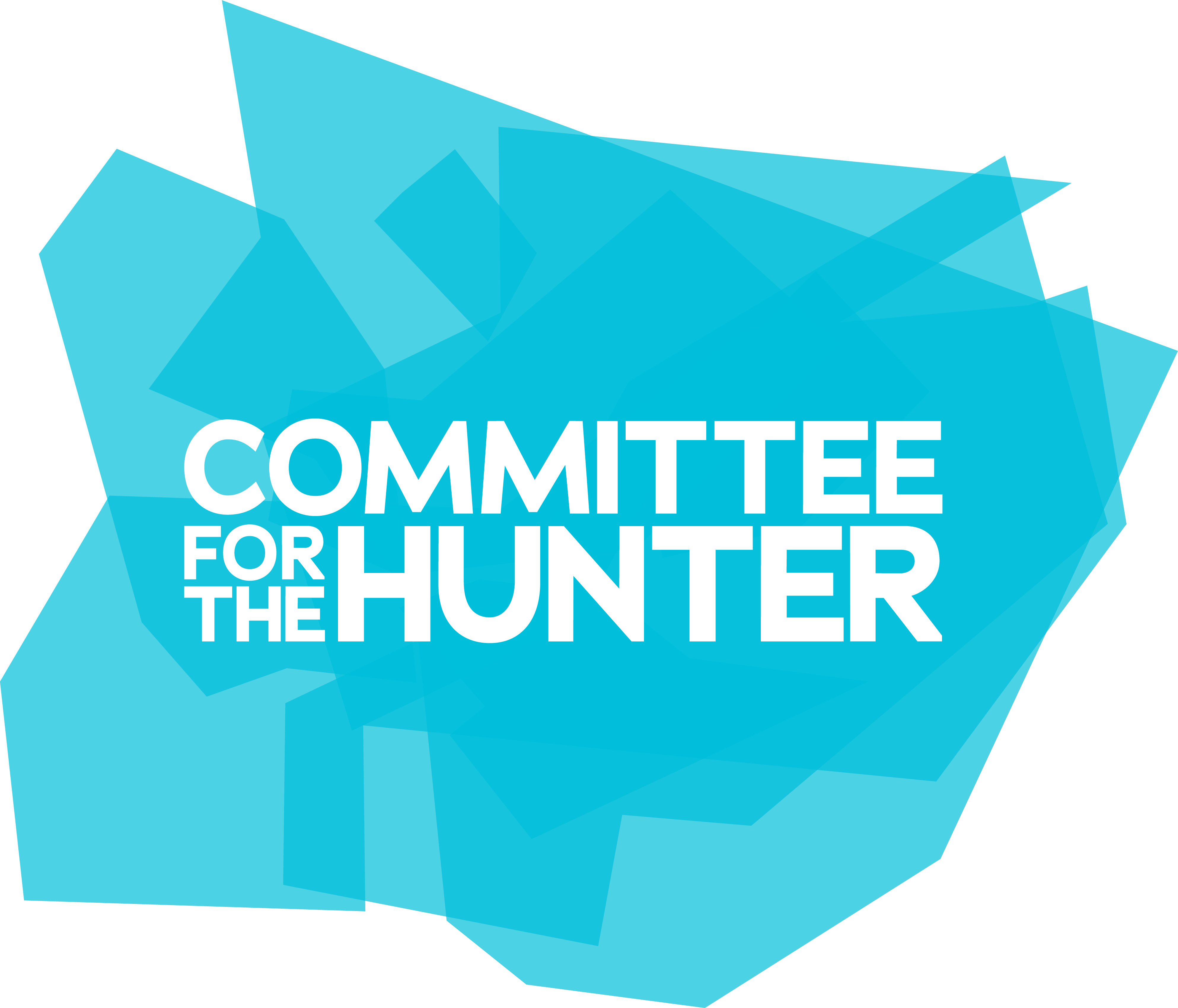Michael Parris reporting for the Newcastle Herald
19 September 2023
THE NSW government is facing calls to invest heavily in social and affordable housing and the transport infrastructure needed to unlock residential building supply in the Hunter.
Committee for the Hunter, an independent body representing council, business, community and charity groups, has repeated its call for today’s state budget to set aside $500 million to expedite 40,000 homes blocked by infrastructure delays.
Committee chief executive Alice Thompson said yesterday the region was experiencing a jobs and population boom but new housing supply was not keeping up with demand.
“This is driving house and rent prices increasing inequality,” she said. “It is also undermining a key competitive advantage the region has over other places, impeding access to workforce and the Hunter’s capacity to meet strong job demand. Reforms to planning and infrastructure are under way to prevent this situation in the future, but urgent funding is needed now to reduce the backlog of homes”.
Ms Thompson said the government should release the master plan for the Hunter Park redevelopment to Broadmeadow and commit funding to its first stage, a new entertainment and conference centre. Hunter Park has been identified as capable of providing more than 2700 dwellings.
Community housing provider Home in Place backed calls by Community Housing Industry Association NSW for more social and affordable housing investment.
CALLS FOR URGENT ACTION TO OPEN DOOR FOR MORE HOUSING
Home in Place business and public affairs manager Martin Kennedy said the federal Housing Australia Future Fund and new $224 million state Essential Housing Package “will not go anywhere near addressing the shortfall in social and affordable housing”.
He said Home in Place supported CHIA NSW’s call for a four-year, $6 billion NSW social and affordable housing innovation fund co-funded by the state and federal governments and community housing providers.
“Rents and house prices are continually rising across NSW, including the Hunter region,” Mr Kennedy said.
“Other rising cost-of-living pressures and no growth in real wages are exacerbating the crisis, especially for working people on low wages and the unemployed”.
The Hunter has a rental vacancy rate of 1.2 per cent and 4500 people on social housing waiting list.
“Paying $600 per week without being in housing stress requires $2000 per week, or $104,00 per year, much more than the average wage,” Mr Kennedy said.
Ms Thompson said Committee for the Hunter also wanted to see streamlined planning and approvals pathways for proposed student accommodation at the University of Newcastle’s Honeysuckle campus.
Meanwhile, the NSW budget will provide long term investment and encourage more women into the workforce with a boost to spending on pre-schools.
The Labor government announced today’s budget would include $769 million for 100 public pre-schools, including building facilities on the grounds of every new public primary school.
Premier Chris Minns said the policy would target areas where there was a “drought” in early childhood education, which was stopping many women getting back to work.
“We know that there’s particular parts of the state where early childhood education is just not an option for families,” he said yesterday.
The first 10 public pre-schools will be built alongside primary schools across northwest, western and southwestern Sydney, as well as facilities at Nowra on the south coast, Lennox Head on the north coast and Thurgood, a suburb of Albury.
The remaining 90 sites will be chosen based on educational needs and expected future demand for pre-school access.
The opposition accused the government of recycling its policies, which also included plans to build extra pre-schools alongside new schools.
Coalition education spokeswoman Sarah Mitchell said Labor had done nothing to support the previous government’s universal pre-education policy. “Because of Labor, there simply won’t be enough places for all children to attend five days per week by 2030, which shows there needs to be a much larger investment in this space or families will miss out,” she said.
